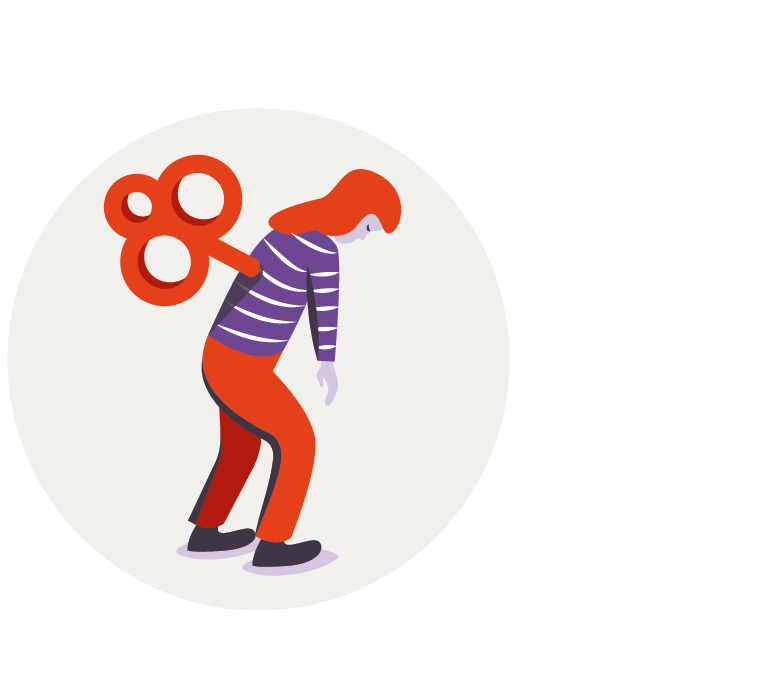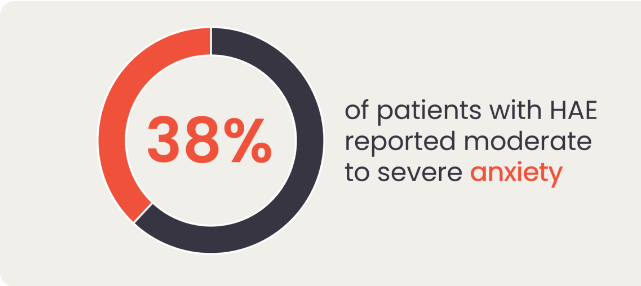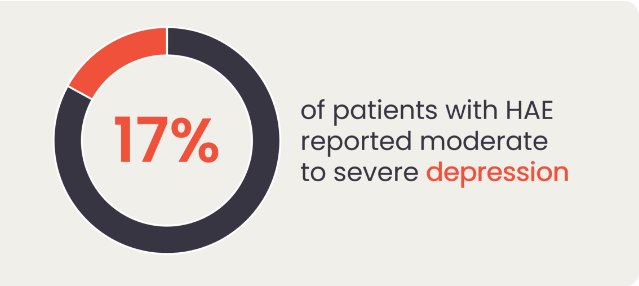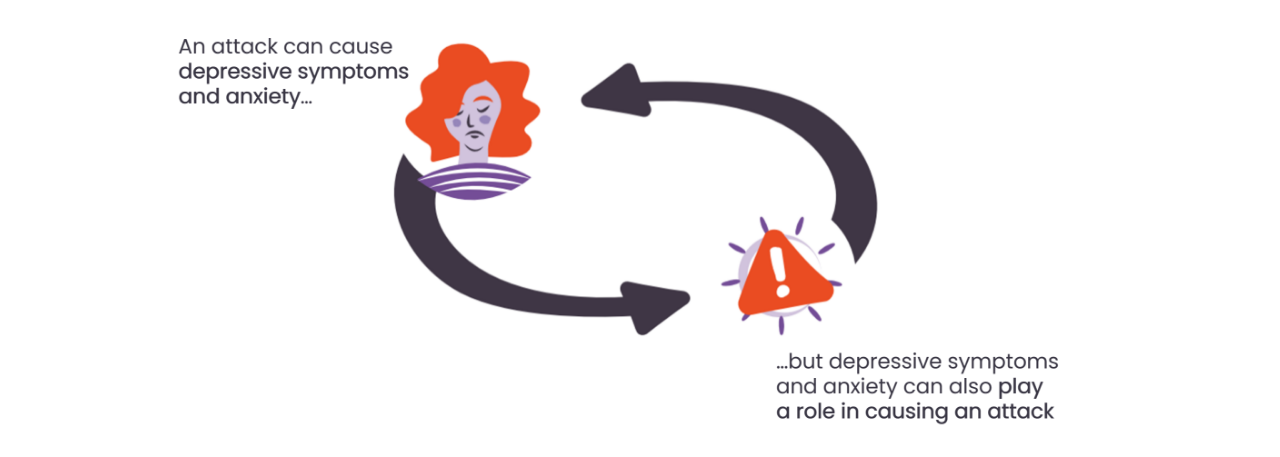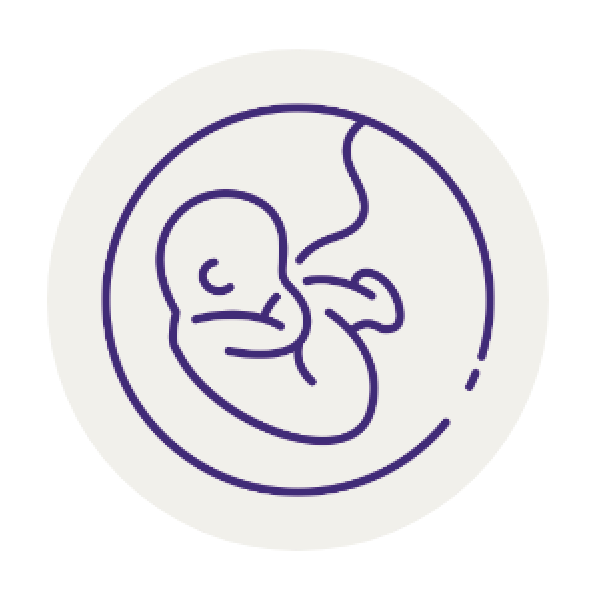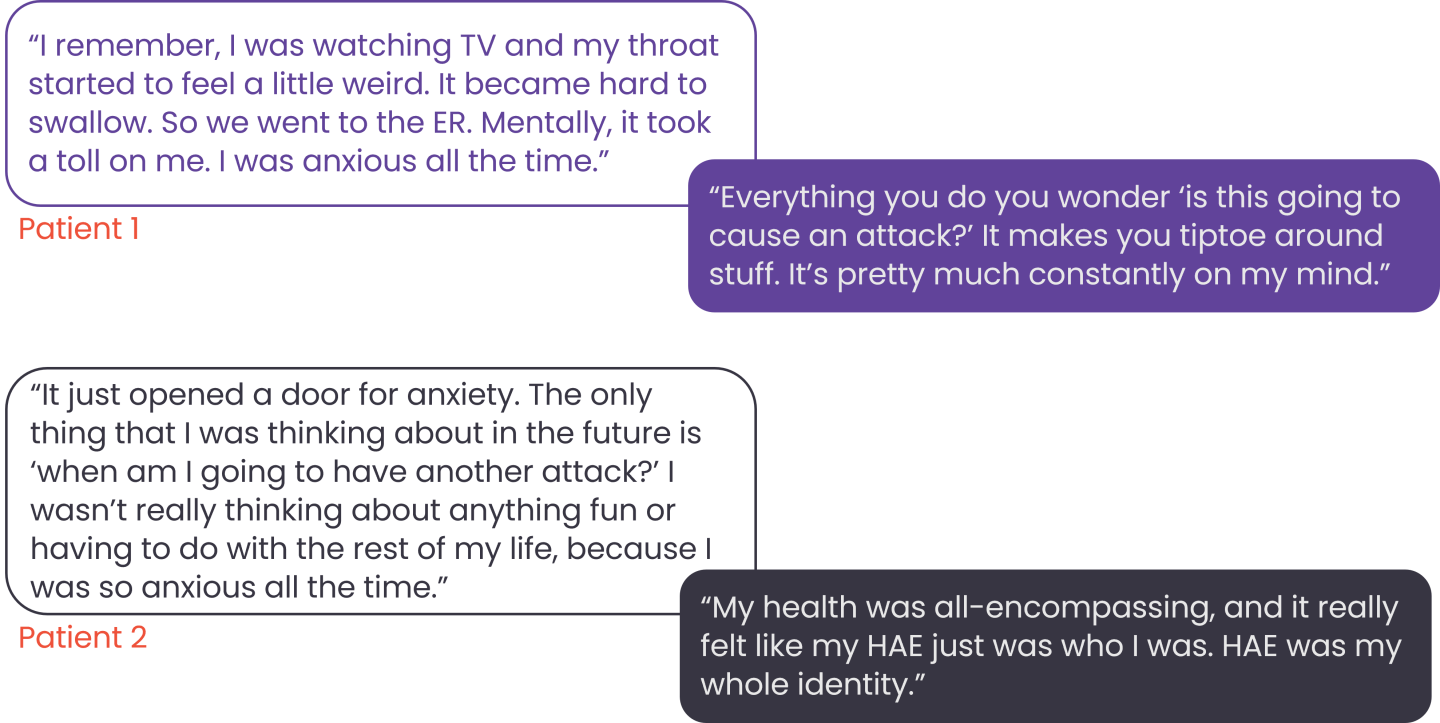Fertility is not impacted in women who have been diagnosed with HAE.10 If you wish to start a family, you should speak with your HAE specialist regarding conception planning.
Your HAE specialist can address any concerns or preferences you may have regarding conception and your HAE.12
During pregnancy, and if you are breastfeeding, you should also work closely with your HAE-treating doctor and obstetrics/gynaecology healthcare professional to create an appropriate HAE management plan.
The plan should be discussed regularly and adapted, as needed, at both prenatal and postnatal stages, due to potential changes in disease course and the treatment options that are available during these stages.12



